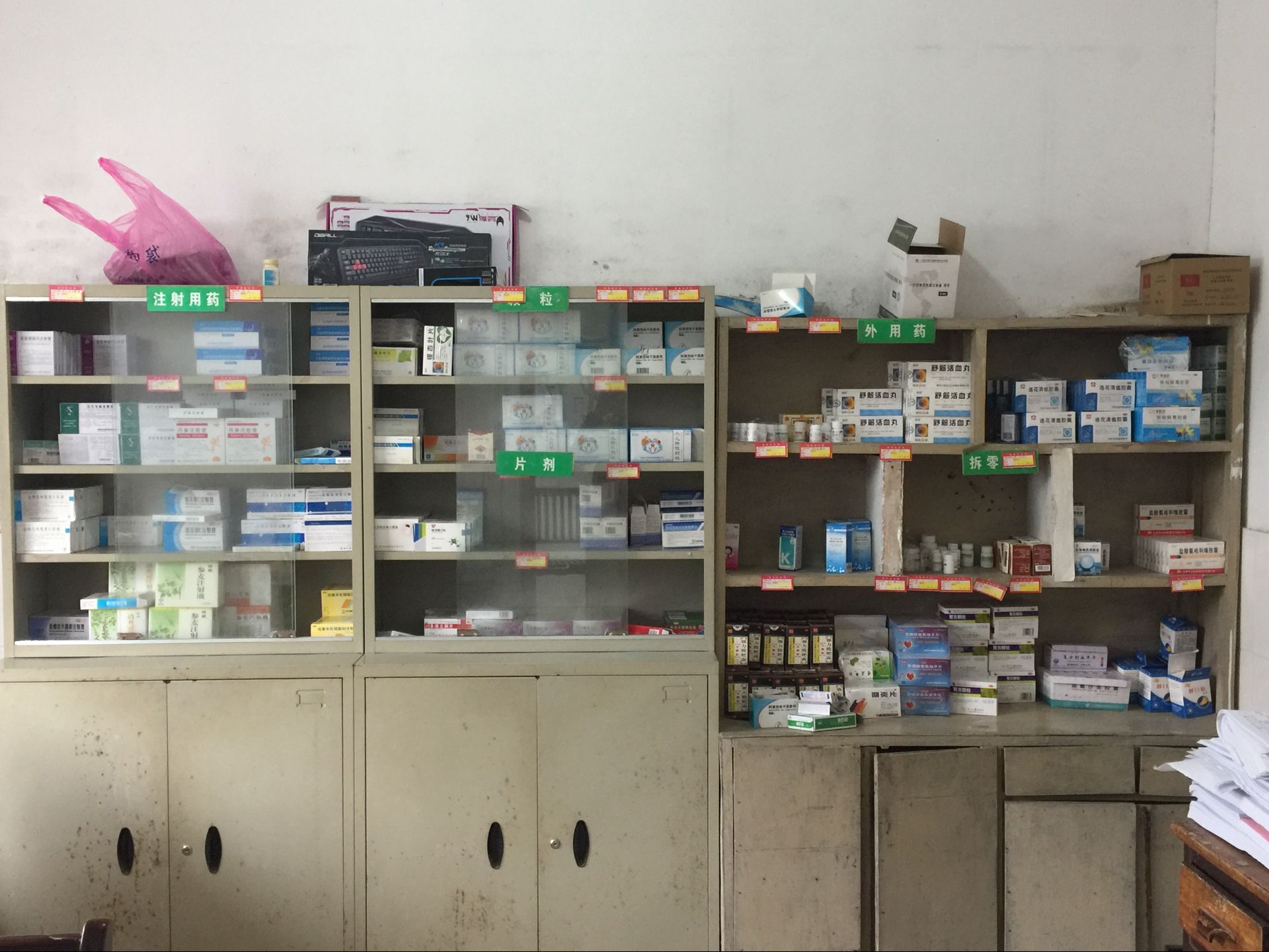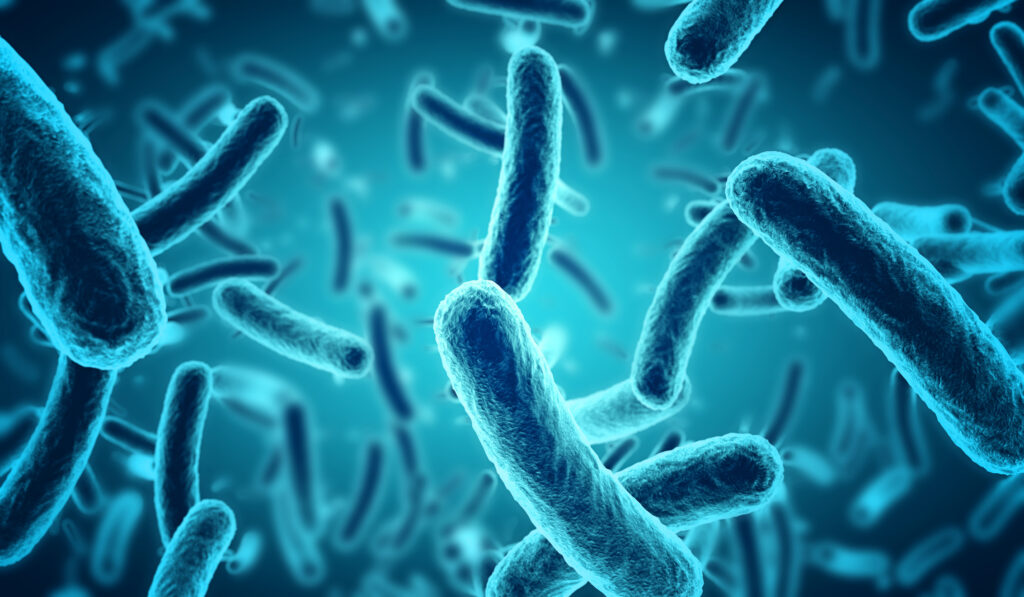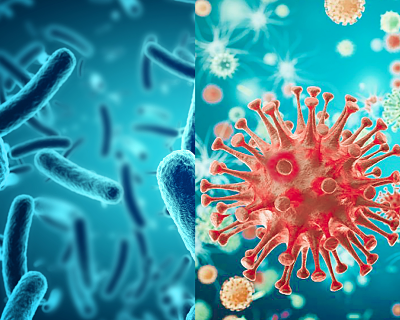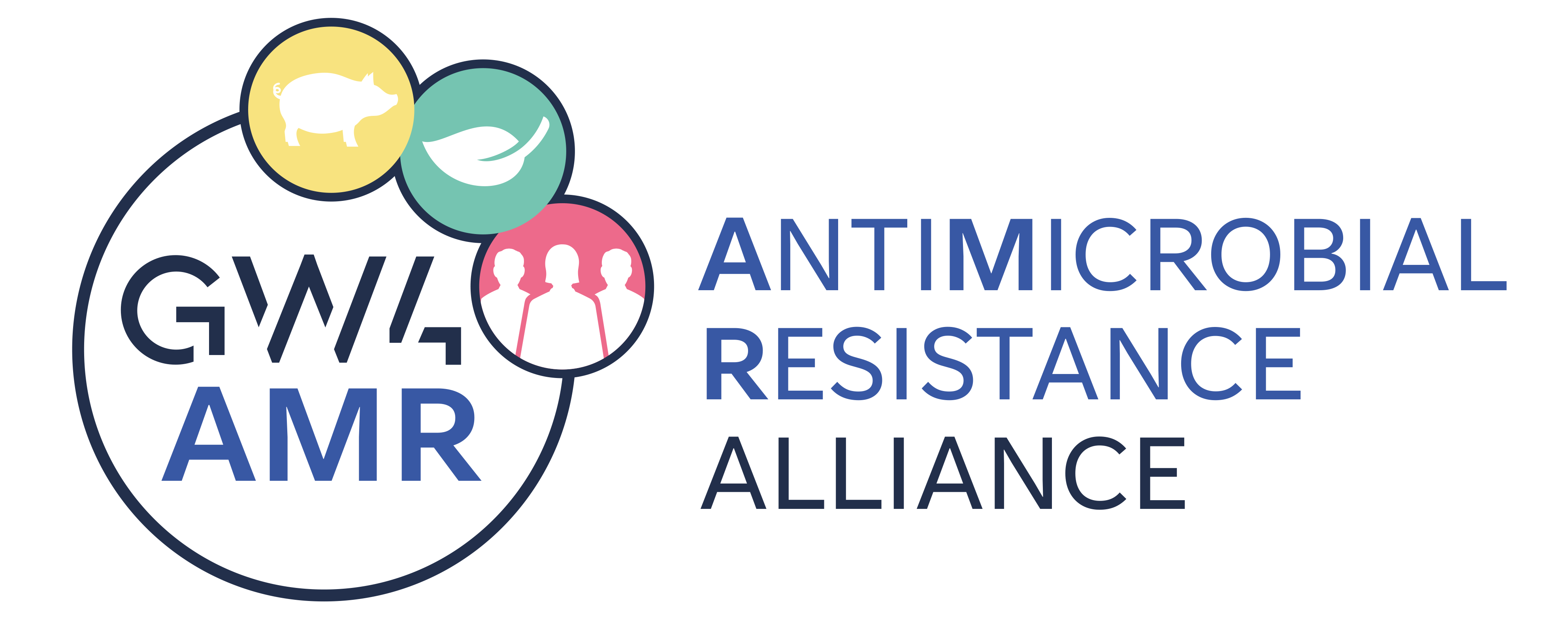
About the GW4 AMR Alliance
GW4 AMR ALLiance
“Antimicrobial resistance (AMR) is an increasingly serious threat to global public health” – World Health Organisation (WHO).
The aim of the interdisciplinary GW4 Alliance is to become the UK’s leading ‘One Health’ research consortium, recognised globally. We will increase understanding of, and develop and implement effective interventions for, containing and controlling AMR.
WHAT Is ANTIMICROBIAL RESISTANCE?

The use of antibiotics transformed healthcare in the 20th century and they remain one of our greatest medical achievements. Today, we rely on antibiotics to treat everything from minor cuts to life-threatening infections caused by bacteria, parasites, viruses and fungi in both humans and animals, and to prevent infection after surgery.
Antimicrobial resistance happens when microorganisms (such as bacteria, fungi, viruses, and parasites) change when they are exposed to antimicrobial drugs (such as antibiotics, antifungals, antivirals, antimalarials, and anthelminthics). Antimicrobial resistance occurs naturally over time, usually through genetic changes. However, the misuse and overuse of antimicrobials in humans and animals is accelerating this process. Microorganisms that develop antimicrobial resistance are sometimes referred to as ‘superbugs’. Without effective antibiotics, even minor surgery and routine operations could become high risk procedures.
The complexity of multiple interconnected drivers of AMR presents an increasingly serious threat to global public health and wellbeing, as well as the sustainability and economics of food systems.
OUR CHALLENGE

The scale of the socioeconomic threat of AMR is costly and wide-ranging. According to the World Health Organisation, at least 700,000 people die every year due to drug-resistant infections. A government review on AMR estimated that by the year 2050, someone will die every three seconds from an AMR infection and that this will cost over $100 trillion in global, gross domestic product.
The economic damage of uncontrolled AMR will be further compounded as a result of the current COVID-19 pandemic; impact on food and feed production, trade, and livelihoods; and increased poverty and inequality. Unimpeded development of AMR will have catastrophic impact on global health, food sustainability and security, environmental wellbeing, and socio-economic development.
OUR RESPONSE
Society is facing a rise in the number of bacteria becoming resistant to existing antibiotics without a matching increase in new antibiotics or new treatments. As such, AMR is one of the greatest emerging threats to human health. The GW4 AMR Alliance aims to tackle this global challenge with an interdisciplinary ‘One Health’ approach and unparalleled expertise.
OUR MIssion
- To deliver world-leading research addressing key knowledge gaps within specific as well as global settings.
- To transform strategies to tackle AMR using cross-institutional, synergistic, interdisciplinary research that maximises engagement, translation and impact.
- To cultivate a collaborative, interdisciplinary research and training environment in which the next generation of AMR researchers will flourish.
- To collaborate across the alliance, with key partners, and with communities to influence national and international policy and generate active, publicly mandated changes.
- To be recognised internationally as the ‘One Health’ AMR research partner of choice.

